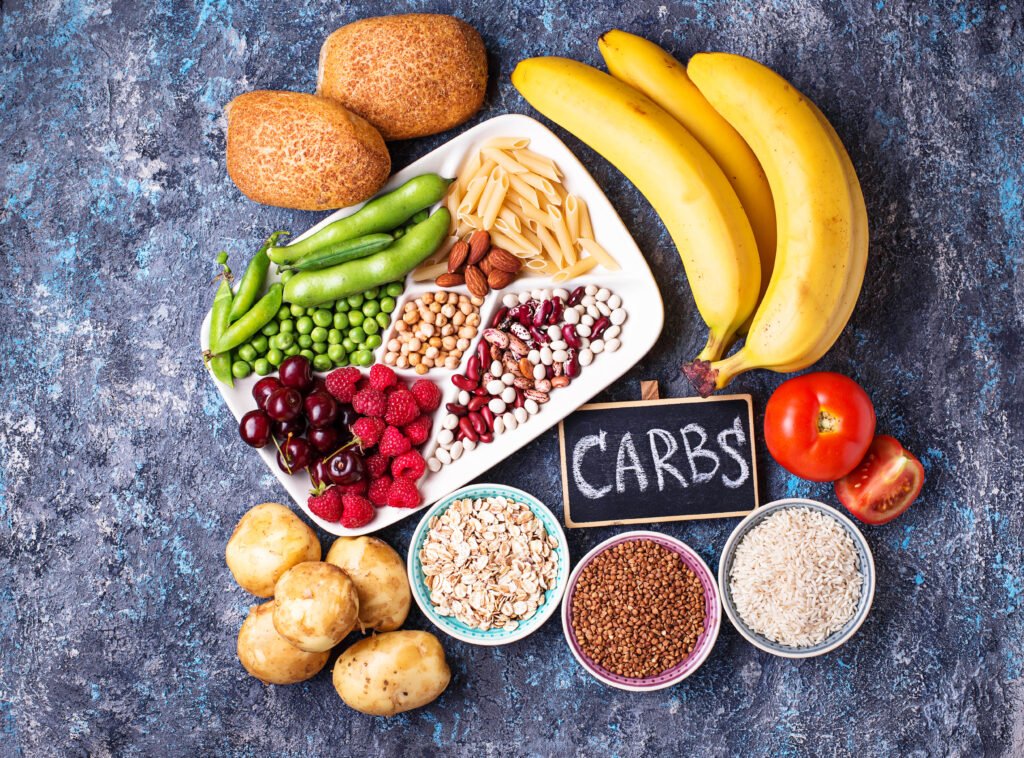What exactly constitutes a low carbohydrate diet? This guide examines common carb range definitions from keto to moderate-carb.
What is a low carbohydrate diet? “Low carb” gets thrown around freely when discussing diets, but what does it mean practically in terms of the actual daily carbohydrate restriction?
Low can mean radically different things from full blown keto to simply cutting refined carbs while still eating whole food sources.
Understanding the science and evidence around varying low carb diet carb allowances provides more precise insight on what carb counts may work best for goals like fat loss, muscle gain, performance or disease management.
Defining Different Low Carb Cutoff Ranges
Over the last two decades, ample research has aimed to determine just how “low” individuals should go when limiting carbohydrates for optimal wellness and weight outcomes. Here is how common diet categories break down:
Very Low-Carb (Keto)
- Less than 50g net carbs per day
- Primary fuel source shifts from carbs to fat
- Encourages ketosis – when the body produces ketone bodies for energy
Moderate Low-Carb
- 50-100g net carbs per day
- Reduces overall carb intake compared to standard diet
- Weight loss occurs without as drastically limiting food choices
Low-ish Carb
- 100-150g net carbs per day
- Minimizes refined and processed carbs
- Emphasizes high fiber carb sources like vegetables, fruits and whole grains
While definitions vary slightly, these net carb daily intake ranges capture the most universally recognized brackets for lower carb eating patterns.
Average Recommended Carb Intake
Beyond diet categorization names, national health institutions like the IOM provide scientifically validated guidance on appropriate carbohydrate consumption:
- The Institute of Medicine (IOM) recommends a minimum of 130g of carbs per day to supply adequate glucose for the brain without needing to generate it from protein breakdown.
Using this recommendation as a starting benchmark clarifies that formal guidance supports at least 130g of carbs daily in a regular 2000 calorie diet.
However, just because 130g meets basic sufficiency does not mean dramatically restricting below this has no potential benefits for some individuals. That is why we see growing evidence for customized carb requirements.

Customizing Your Carb Target
Rather than a universal number, research increasingly shows ideal carb intake depends on the individual based on:
- Metabolic health and insulin sensitivity
- Activity levels and fitness goals
- Presence of conditions like diabetes or PCOS that respond to carb modulation
- Genetic tendencies like ability to thrive in ketosis
- Personal tolerance, lifestyle and food preferences
This means optimal daily carb intake ranges from 40-50g for those doing keto to over 200g for very athletic populations.
For the average relatively active individual without severe metabolic conditions, the 100-150g/day range allows for significant metabolic benefits without requiring full ketosis.
Hitting this generalized “moderate” carb zone facilitates improved body composition by:
- Lowering blood sugar and insulin spikes
- Supporting energy levels and mental clarity
- Retaining muscle mass
- Reducing appetite and cravings
Ultimately each person must experiment across a 6-12 week period tracking indicators like appetite, energy, cravings, and workout performance at different custom carb levels.
This informs what your carb sweet spot is today which may continue adapting based on age, activity and health changes over time.
The Role of Carb Quality
Any discussion around daily carb totals must also emphasize source matters tremendously.
Prioritizing wholesome, minimally processed complex carbohydrates leads to entirely different health and weight outcomes than eating an equivalent number of calories from added sugar and refined grains.
- Complex carbs like sweet potatoes, quinoa, beans, lentils, berries and greens provide vitamins, minerals fiber.
- Refined carbs such as chips, soda, crackers and cereals deliver empty calories with negative health impacts.
Despite falling under the same macronutrient umbrella,carb quality relates directly to effects on hunger, fat storage, gut health, disease risk and beyond.
Sample Low(ish) Carb Eating Plan
Eating 100-150g high quality carbs while minimizing processed choices is realistic and sustainable for most individuals without requiring ketosis.
Here is a sample moderate carb day hitting around 125g:
| Meal | Carbs |
| Breakfast – Veggie omelet, berries | 15g |
| Lunch – Turkey burger with sweet potato | 45g |
| Dinner – Sheet pan chicken fajitas | 30g |
| Snacks – Greek yogurt, raw veggies & hummus, almonds | 35g |
| Total | 125g |
Balancing wholesome meals and snacks makes this daily intake healthfully sustainable. Compare it to the standard American diet averaging over 300g.
Key Takeaways
While up to 200g of carbs or more suits highly athletic needs, 100-150g daily from mostly whole food choices provides the low-ish carb sweet spot delivering wellness benefits for average populations without requiring full keto.
Track personalized metrics to gauge results anywhere between 50g to 200g. Ultimately carb quality trumps quantity in determining health impacts.


